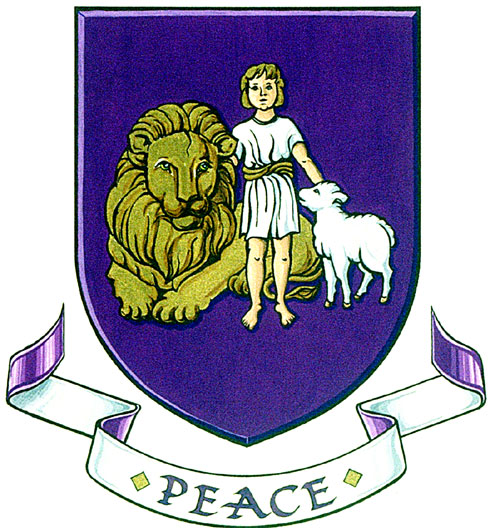ARK OF THE COVENANT Part III

THE POPULAR ENCYCLOPEDIA OF BIBLE PROPHECY
ARK OF THE COVENANT Part III
The Book of Jeremiah
The ark Of the Covenant also appears in Jeremiah prophecy of the restoration of Jerusalem in the millennial kingdom in Jerusalem 3:16-17. Whatever his statements implies concerning the future existence of the ark, his point in this context is to relieve Israel concern that their future could not be fulfilled without the central presence of the ark. Jeremiah explain that under the new covenant, the ark would no longer have the central importance it had under the Old Covenant. In that day, all of Jerusalem would bear God’s glory; the city will be a sanctuary( Isaiah 4:5; Ezekiel 43:12). In other words, in the millennium, the ark will not be needed as it was previously. It’s lost will not prevent Israel’s final restoration, so there should not be concerned over it present fate. Having said this, It should also be noted that Jeremiah 3:16-17 does not say that the ark will not be present, but only that it will not function as it did under the Old Covenant. Jeremiah wording is that Israel will no longer refer to, be concerned for, remember, or visit the ark, suggesting that in the time before the millennium they may be doing these things. The phrase “it will not come to mind” is better translated “neither shall it be taken to heart.” This Idiom means that the people that the people should not worry about the ark in the future as they have in the past. Read in this light, words of verse 16 are understandable. How ever the last words of verse 16 “nor will it be made again,” required clarification to avoid contradiction of this proposal, for this translation implied the ark was destroyed and would not be remade. Therefore the ark would not exist in the future. However the translation made again can be rendered “used again.” The Hebrew word ‘asah usually means “to make” or “to do” but it also may mean “to use” and significantly one of the two instances in which the verb appears with this nuance concern the materials Used in the construction of the ark( Exodus 38:24; the other appearance is in 1 Samuel 8:16 ). In this case the meaning is that the ark, in the time of the New Covenant, would not be used as it was under the Old Covenant. The ark will no longer be a witness to the law , and will not be a conduit of God power in warfare. Under the new Covenant God law will be internalized through the indwelling spirit so that, as verse 17 records, “Nor will they walk anymore after the stubbornness of their evil heart” ( Jeremiah 31:33- 34: Ezekiel 36: 25 -27). The tablet of the law with in the ark will no longer be needed to bear witness against Israel of their violation of God’s holiness, for they will be holy and live in obedience to God’s will ( Zechariah 14:20-21 ). Moreover in the millennium, Israel and the nations will no longer learn war ( Israel 2:4 ). The ark will no longer have to function as a symbol of God’s protective power in war, since war will no longer exist, This interpretation is put forth in the Textual notes of the current Israel Defense forces standard issue Bible: “The Law of the will be written in the heart, and there will be no need to keep it in the Ark. There will not be wars and there will be no need to take the Ark from place to place on the battlefield as it was in those former times.” Though this evidence is not conclusive, the arks of the Covenant may have a role to play in the end time, returning to complete the prophetic program of a rebuild temple and the restoration of the glory of God to Israel and the nations in the millennium. _ RANDALL PRICE
BIBLIOGRAPHY
Bloomfield, Arthur. Where is the Ark of the Covenant and What is Its Role in Bible prophecy? Minneapolis: Dimension Books. 1976.
Fruchtenbaum, Arnold. Israelology: The Missing link in Systematic Theology. Tustin, CA: Ariel Ministries, 1992.
Lewis, David Allen, Prophecy 2000. Green Forest AR: New Leaf Press 1993.
Price, Randall. In search of Temple Treasures: The Lost Ark and the last Days. Eugene, OR: Harvest House Publishers, 1994.
Searching for the Ark of the Covenant. Eugene, OR: Harvest House Publishers, 2005.

